Confidence does not sit well with some in Wales, where there is an inherent pessimism, a nagging sense that something will always goes wrong.
Even in the realms of Welsh rugby, which has enjoyed periods of great success, optimism is never more than cautious, particularly when it comes to World Cups.
That is because, when it comes to Wales and World Cups, something always does go wrong.
Whether it has been a red card, a raft of injuries or an untimely thrashing, it seems Wales have never had much luck with rugby's global showpiece.
But this year, they enter a World Cup stronger than they ever have done in the competition's history: years of preparation culminating in a Six Nations Grand Slam and a record winning run which helped them top the world rankings. Even if it was only for two weeks.
Wales have come to Japan in expectation as well as hope and, if they are to win this tournament for the first time, they will need that elusive luck to bury the ghosts of their World Cup past.
Auckland, 15 October, 2011
Eden Park glistened in the dark, damp from the storms which had hit before kick-off, and France were about to take a line-out which would leave an indelible mark on Welsh rugby.
It was the 18th minute of the 2011 Rugby World Cup semi-final. Imanol Harinordoquy was calling a pre-planned move for a French side who had laboured to this stage of the competition, but had a third final in their sights.
Standing in their way was a vibrant Welsh team, the neutrals' favourites in New Zealand who had swept past Ireland in the previous round under the guidance of their impressive young captain Sam Warburton.
The open-side flanker had read France's intentions from the line-out, and he tracked the ball attentively as Julien Bonnaire tapped it down to Dmitri Yachvili, who popped a premeditated pass to Vincent Clerc, who had drifted in from his wing to look for a gap in the Welsh defence.
But Warburton saw him coming.
"I just hit him," Warburton recalls. "Back then I used to dump-tackle to be assertive.
"Because he was naturally searching to place the ball, I remember thinking 'flipping heck, this has spiralled out of control' so I just let him go."
Warburton hoisted Clerc into the air with more force than he had anticipated and, fearing he might harm his opponent, the Wales skipper dropped him.
Clerc, upside down with legs in the air, landed on his shoulders and his head thudded against the turf. As Clerc lay on the ground, his team-mates swarmed around Warburton, who was confused by this show of aggression. As far as he was concerned, that was a fine tackle - hard but fair.
"The way the game's refereed now, I wouldn't dare do that," Warburton adds.
"If you watch the quarter-final, when we played against Ireland, I did exactly the same to Stephen Ferris and I did exactly the same to Ronan O'Gara and nothing happened. They didn't spin out of the tackle like Vincent Clerc did so his head went towards the ground."
Once Warburton had untangled himself from the melee, he looked up to see referee Alain Rolland brandishing a red card.
His immediate reaction was shock. Even when Warburton had taken his seat on the bench, Wales skills coach Neil Jenkins urged him to keep warm, thinking he had only been sent to the sin bin for 10 minutes.
The confusion extended to the television commentary gantry, where former Wales captain Michael Owen also assumed Warburton had only been shown a yellow card.
"When I sat on the bench and looked at the big screen I thought I was hard-done by," says Warburton.
"But when I watched the big screen and saw a replay I was gutted because I thought it looked so much worse than it felt."
Wales now had to play more than three quarters of their semi-final with 14 men, and they did so with great character.
Mike Phillips' try took them within a point of France and, although Stephen Jones' missed conversion meant Wales still trailed, they refused to be denied and earned one more shot at victory.
But Leigh Halfpenny's late, long-range penalty fell agonisingly short and the Welsh dream died.
The fact that France only lost by a point to a nervous and injury-ravaged New Zealand in the final made matters worse for Wales, who could only wonder if they had missed their best chance to win a World Cup.
After the semi-final defeat, the Welsh changing room was solemnly quiet. Warburton gave a team talk in which he stated how proud he was of his colleagues' brave effort and, once he was finished, he retreated to a toilet cubicle where he allowed the emotion to pour out of him as he sat alone, crying.
Warburton feared the worst, returning home to be vilified as the man who cost Wales the World Cup.
"It was weird. If someone said to me before the World Cup you're going to be sent off as captain in the semi-final, lose the game and - I don't like saying this - come back almost as a hero, I would have thought how's that possible? That's almost how it happened," he says now, eight years on and still shaking his head in disbelief.
"There were people parked outside my house, cheering my name. It took me from a normal international player to - and I don't like saying it - a globally-recognised international.
"For the wrong reason really. I wish it was for a different reason.
"I go shopping now and people still ask me about it. I remember when it happened, thinking at the time I'd be 60 years old and people would still be asking about it. It's been eight years and it hasn't stopped."
Warburton went on to lead Wales to a Grand Slam in 2012 and, a year later, he captained the British and Irish Lions to a series win in Australia.
As skipper in 2017, he guided the Lions to a notable drawn series in New Zealand before retiring in 2018 because of injury.
Warburton enjoyed a stellar career, even if that red card and the questions of what if around the 2011 World Cup are an unavoidable part of his story.
And yet that was not the first time Welsh hopes of winning a World Cup were damaged by a sending off in a semi-final.
Brisbane, 14 June, 1987
It was the first Rugby World Cup and Wales had reached the last four, somewhat surprisingly having overcome England in the quarter-finals.
"We were not expected to beat England," says Wales' then wing, Adrian Hadley.
"They'd booked a hotel for the semi-final, but we hadn't. The Welsh management clearly didn't have much confidence in us."
This was the amateur era, when some Wales players had found it difficult to get the necessary time off work to take part in the inaugural World Cup, limiting their tournament preparations to just a few days' training before the first match.
"We weren't used to anything like it," Hadley adds.
"We didn't get much time to spend together as a group before we got out there, but we got better as the tournament went on."
It is a measure of how makeshift Wales' arrangements had been that, during the tournament, they called up a handful of young players who had been playing club rugby in Australia during the off-season back home.
One of those was prop Dai Young, who would go on to represent the Lions but who was then an uncapped 19-year-old without the merest idea of what was to come.
"I remember we had one game for Northern Suburbs and the secretary said there was someone from the Welsh Rugby Union chasing us," Young says.
"It was the middle of a night out so I thought it was a wind-up. We carried on with the night, back to the amateur days when everyone had a beer after a game.
"I woke up the next morning to a phone call from my parents saying Ray Williams [from the WRU] was trying to get hold of me, so I still thought it was a wind-up. Then I got the phone call."
Young was summoned to train with the Wales squad, assuming that would be the extent of his involvement.
"I only thought I'd be there to make up the numbers," he says with a light chuckle.
"I was still wet behind the ears, but we had a few training sessions, they named the team to face England and I was picked. I didn't say anything because I thought I was hearing things.
"I thought I'd just be helping out in training - I didn't know what I'd done to get that selection. It came and I got my first cap against England in a very big game."
The unconventional selection worked as Wales beat England 16-3, and Young kept his place for the semi-final against New Zealand.
Whereas Wales' players had prepared with a few bonding evenings in bars, the co-hosts and overwhelming World Cup favourites had been on several training camps in anticipation of this tournament.
"They had Frano Botica and Zinzan Brooke on the bench, which tells you everything," says Hadley.
"They were the best team I've ever faced."
Wales were not helped by injuries but, even if they had been fully loaded, it would have been an onerous task taking on a New Zealand side in irresistible form.
The All Blacks pulverised their opponents up front and, when their forwards were not pushing their way over for a try, backs such as legendary wing John Kirwan were on hand to score.
Wales were floundering as they trailed 43-6 in the second half, but there was further punishment to come.
The ball was cleared into the All Blacks' half and gathered by second row Gary Whetton. As the ensuing maul descended into an untidy heap of bodies, he swung an elbow at Wales lock Huw Richards.
Incensed, Richards threw a left hook at his opposite number and sent Whetton tumbling. But before the Welshman had time to admire his handy work, he was blindsided by a crunching punch to his chin by New Zealand number eight Wayne 'Buck' Shelford.
It was a sickening blow and Richards dropped to the ground like a felled tree, sprawled unconscious on the turf.
As the Neath second row received treatment from the Welsh physio and slowly rose to his feet, he was confronted by a red card from referee Kerry Fitzgerald.
Remarkably, Shelford escaped punishment and rubbed salt into Welsh wounds by scoring a try.
"The referee couldn't send off one player and not the other. Buck Shelford should have been sent off. Simple as that," says Hadley.
"It wouldn't have made any difference. I don't think Huw knew he'd been sent off until he was back in the changing room. He was in cloud cuckoo land."
New Zealand won 49-6 and went on to beat France in the final.
Richards never played for Wales again.
"They were much better than us," Hadley adds.
"My mates still take the mick out of me now, saying the nearest I got to John Kirwan that day was when we swapped shirts at the end. And they were right!"
Wales were left to drown their sorrows before a third-place play-off against Australia, who had irked them with their pre-match comments.
It proved to be a form of inspiration, however, as a late try from Hadley and a fine touchline conversion by Paul Thorburn secured a memorable Welsh victory.
"They were very cocky. Alan Jones, their coach, said they didn't want to play the game as it would have been too one-sided," Hadley says.
"We had a point to prove after the loss to New Zealand, and it was a game against Australia - any chance to beat them was a big deal.
"We were much better than them that day."
That at least ensured Wales travelled home with the consolation of being the third best team in the world.
"We didn't know what the World Cup was going to go on to be," Hadley adds.
"We trained every day, but we had a good time off the pitch as well.
"Hopefully Wales can go one better and get to the final this time.
"You think back to Sam's red card in 2011 and the injuries in 2015, you need a bit of luck. We deserve a bit of luck this year, unlike the horrors we've had at previous World Cups."
Cardiff, 5 September, 2015
Injuries are a grim inevitability of international rugby and, as the game evolves in increasingly brutal ways, the physical toll on players continues to rise.
Yet even by the bone-rattling standards of the modern game, Wales suffered more than most before and during the 2015 World Cup.
Already without influential centre Jonathan Davies, Wales had navigated two warm-up matches against Ireland before finishing their tournament preparations with a home fixture against Italy.
This should have been reasonably straightforward, a final hit-out for the players against opponents they had hammered 61-20 in the Six Nations earlier that year.
But there was a fear that a strong Welsh line-up included a few too many first-choice players they could ill afford to lose a fortnight before their opening World Cup fixture.
In the 27th minute, Rhys Webb launched a box-kick into the Italian 22 and, from the ensuing ruck, the Wales scrum-half went rummaging for the ball.
Seconds later, his piercing howls of pain prompted referee George Clancy to immediately blow his whistle, and an eerie hush befell the Millennium Stadium.
Webb was writhing on the floor, still crying out in anguish as he buried his face in the grass and clutched his ankle, where the ligaments had torn under the weight of hefty Italian forwards.
It was a chilling sound, audible around the otherwise silent ground as it dawned on Webb - and the stunned Wales fans - that the Pro12 player of the year would not play at the World Cup.
"Oh no… oh no," former Wales captain Martyn Williams said on commentary, speaking for a nation.
A seven-minute delay followed as Webb received treatment before he was driven away on a stretcher.
The incident overshadowed what had been a disjointed, untidy game, with Italy providing tougher opposition than they had done in Rome six months earlier.
But then, just as Wales seemed to be composing themselves and easing towards victory late in the second half, disaster struck again.
With a little over 10 minutes left, Italy's Carlo Canna chipped over the Welsh defensive line in midfield, the kind of innocuous kick which Leigh Halfpenny - arguably the best defensive full-back in the world - could have safely gathered in his sleep
But as he tried to catch the bouncing ball, Halfpenny stumbled and his knee buckled, rupturing ligaments and immediately ending his hopes of playing in a second World Cup.
"It was pretty tough," Halfpenny recalls.
"It was extremely disappointing to miss out just before going."
Halfpenny is understated by nature, softly spoken and a man of few words.
But his reaction at the time illustrated in agonising detail the horror of his injury: pain etched all over his face as he breathed heavily, wincing and looking to the heavens as he was treated by the Welsh medical team.
Less than an hour after losing Webb, Wales now had to face the prospect of a World Cup without Halfpenny, their first-choice kicker and the Lions' player of the series in 2013.
"It's an absolute disaster for Wales," former fly-half Jonathan Davies said at the time.
"The best player in Wales this year, Rhys Webb, and a prolific point scorer, Leigh Halfpenny. It's an absolute nightmare."
The injuries kept coming for Wales during the tournament, with Liam Williams, Scott Williams and Hallam Amos forced off during their pool match against England alone.
A patched-up Wales side pulled off an astonishing 28-25 win at Twickenham on that occasion but, as the casualties continued, a quarter-final against South Africa at the same venue proved a bridge too far for Warren Gatland's men.
Four years on, Halfpenny is aiming to make up for lost time in Japan.
"Since then 2019 has been a goal of mine to try and achieve going to a World Cup," he says.
"As disappointing as it was to miss out through injury, you just have to take motivation from it to come back and try and achieve this time round."
Yokohama, 2 November, 2019?
The injuries of 2015 and the red cards of 2011 and 1987 are mere chapters in an epic collection of Welsh mishaps and failures at World Cups.
Perhaps Wales' single most infamous defeat was their 1991 loss to an unheralded Western Samoa side in Cardiff.
Although history shows many of the Samoans - the likes of Frank Bunce, Brian Lima and Pat Lam - were excellent players, they were then relatively unproven as a team and clear underdogs against a Welsh side who had finished third in the previous World Cup.
Defeat meant Wales failed to even make it out of their group, and it inspired the quip "it was just as well we didn't play the whole of Samoa".
The following World Cup in South Africa four years later produced another miserable first-round exit for Wales, while not even hosting the competition in 1999 could help them progress beyond the quarter-finals.
In 2003, there were some signs of recovery under Steve Hansen, but ultimately Wales fell to two defeats - as valiant as they may have been - in their defining matches of the tournament against New Zealand and England.
Then there was 2007, arguably the nadir of Welsh rugby.
That is a dubious honour with considerable competition, but this particular World Cup campaign was an omnishambles from start to finish.
A weakened Welsh side were humiliated by England in their warm-up match at Twickenham, losing 62-5 as number eight Nick Easter helped himself to four tries.
Things did not improve much when the competition started in earnest, though wins over Japan and Canada after an opening defeat against Australia meant that all Wales needed to do to reach the quarter-finals was beat Fiji in their last pool game.
However, Wales threw caution - and sense - to the wind as they lost a chaotic, high-scoring match in Nantes to tumble out of the World Cup at the pool stage in embarrassing fashion.
Head coach Gareth Jenkins was sacked in a car park, and Wales turned to Gatland.
It was a transformational appointment. Twelve years on, the New Zealander has led Wales to four Six Nations titles - including three Grand Slams - as well as a first stint as the world's number one-ranked side and a World Cup semi-final.
Gatland will leave his post at the end of this year's competition before returning to his homeland to coach Waikato Chiefs.
There could be no better way to end his glittering tenure than to lead Wales to a first World Cup, and he has already declared his belief that this side is good enough to become world champions.
"Now the focus is really on competition rugby," he says.
"There is a lot of confidence and self-belief in this side that if we play to our potential we can go a long way in this tournament."
There is that word again: confidence. A word used sparingly - and warily - in Wales for years but, under Gatland, a mantra.
In Alun Wyn Jones, Gatland has a captain who shares that single-minded ambition.
A veteran of three World Cups, Jones experienced first-hand the debacle of 2007, the heartache of 2011 and the injury-ravaged 2015.
This time, he hopes, it will be different.
"I've done three World Cups and had one pool stage, one semi-final, and one quarter-final," says Jones.
"There is one missing for me on a personal level."


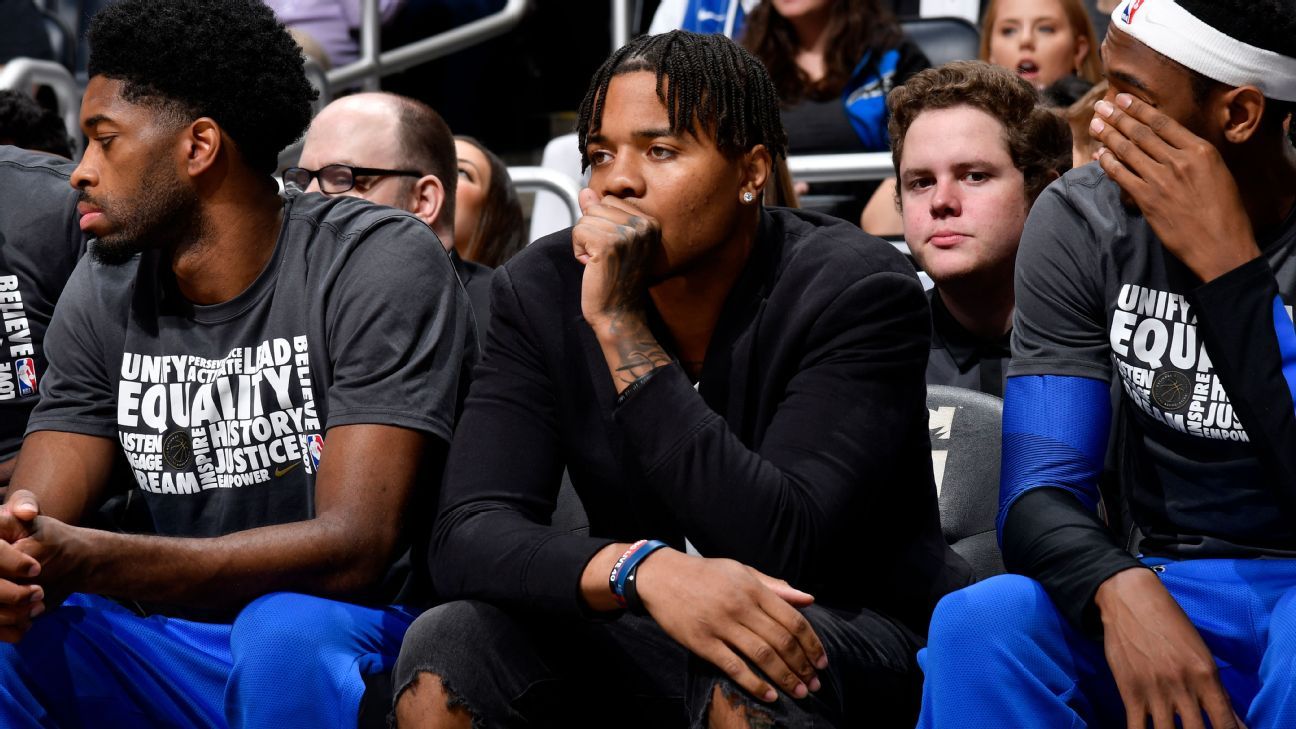
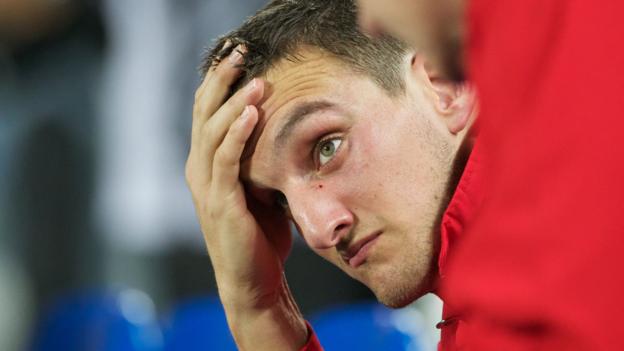




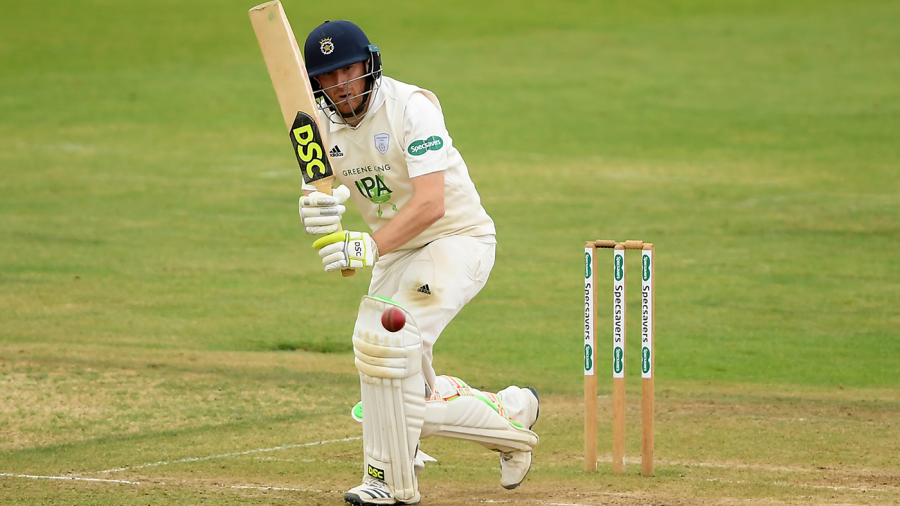
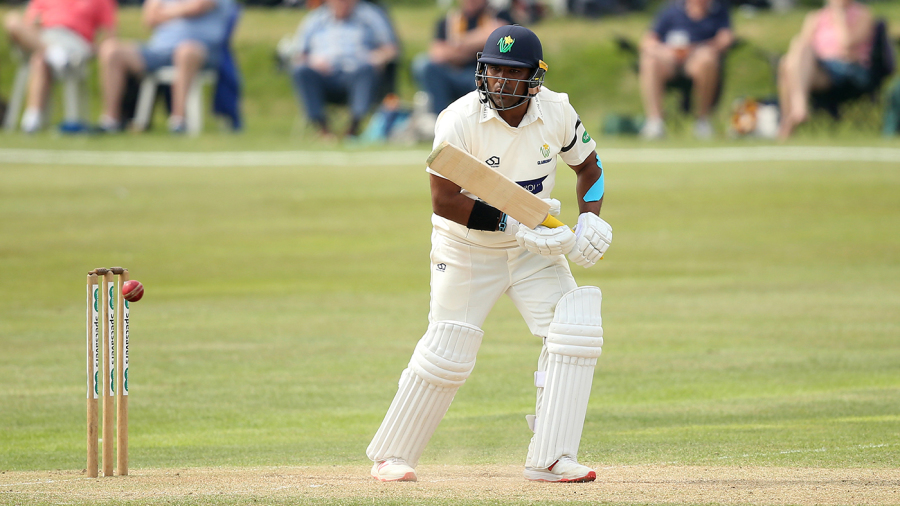
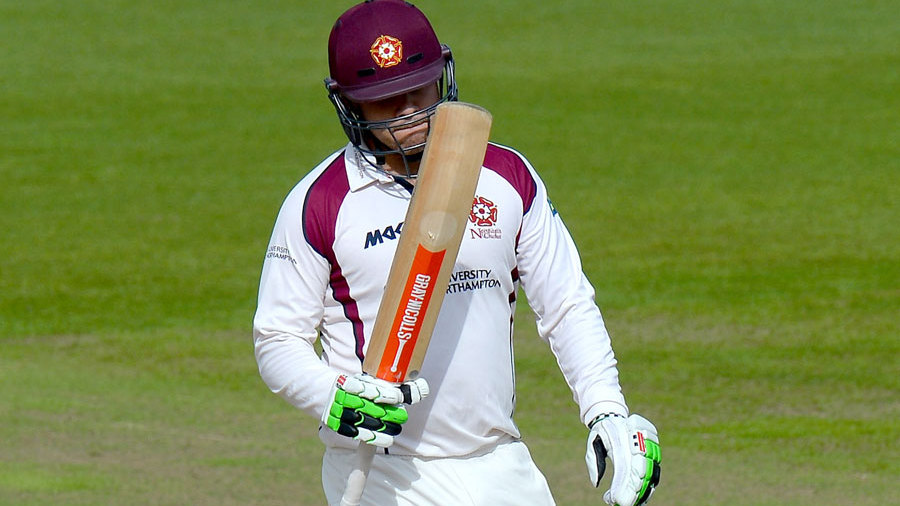
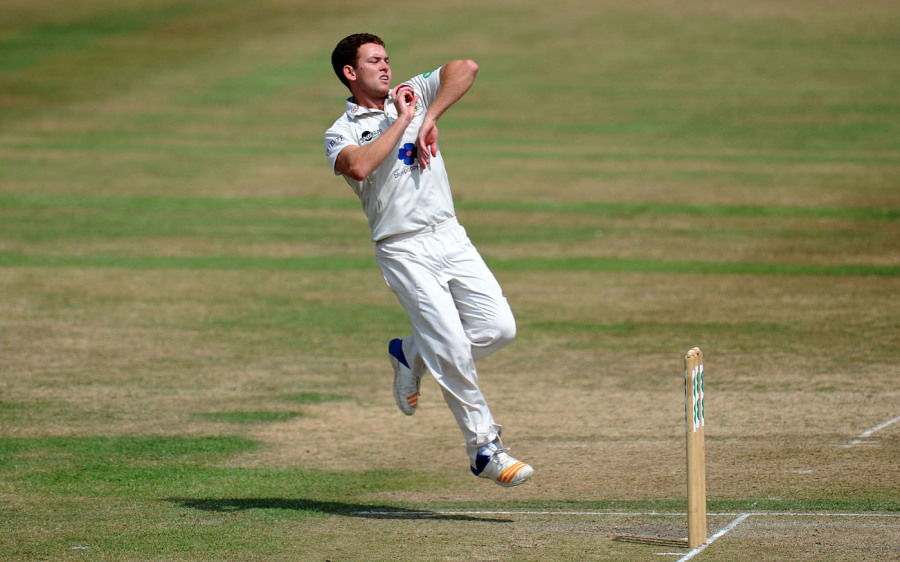








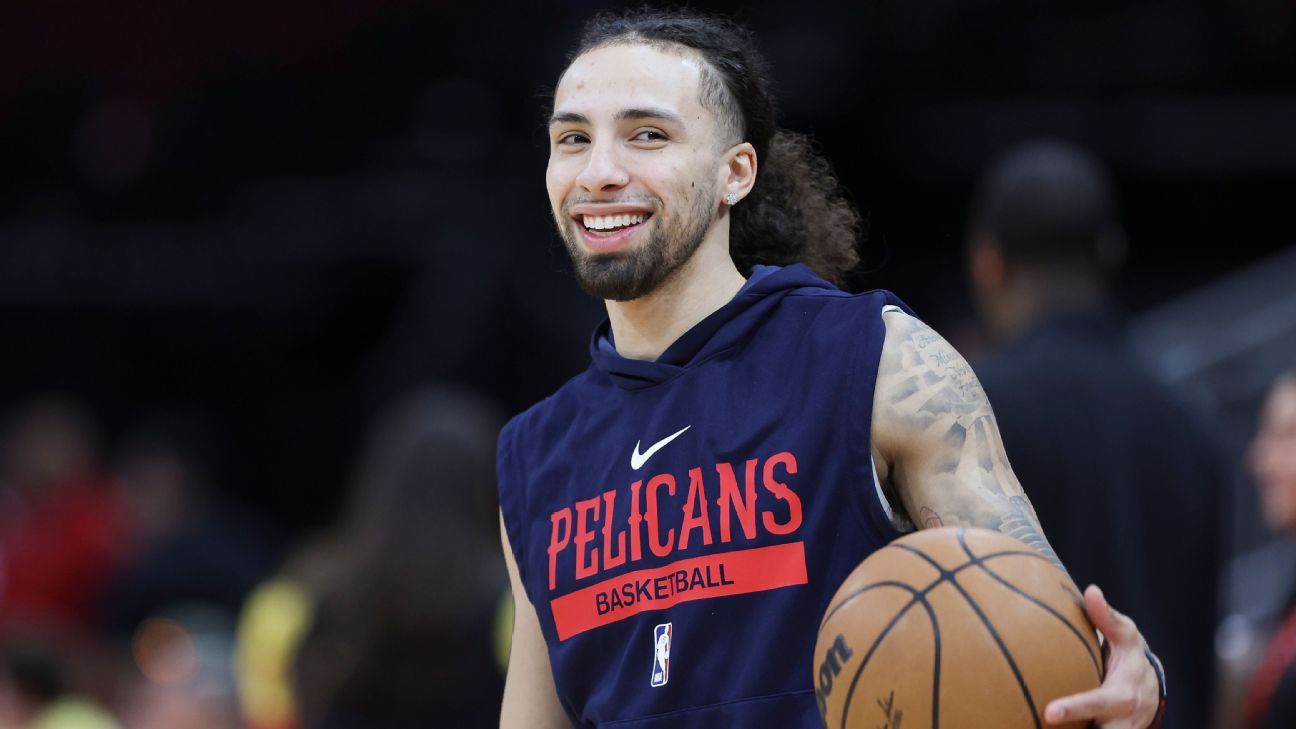




 Phone: (800) 737. 6040
Phone: (800) 737. 6040 Fax: (800) 825 5558
Fax: (800) 825 5558 Website:
Website:  Email:
Email: 






